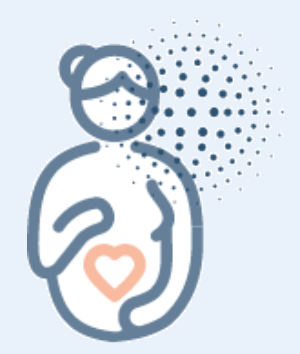Weber, T., Au-Fliegner, M., Downard, C., & Fishman, S. (2002). Abdominal wall defects. Current Opinion In Pediatrics, 14(4), 491-497. doi: 10.1097/00008480-200208000-00023
Benjamin, B., & Wilson, G. (2014). Anomalies associated with gastroschisis and omphalocele: Analysis of 2825 cases from the Texas Birth Defects Registry. Journal Of Pediatric Surgery, 49(4), 514-519. doi: 10.1016/j.jpedsurg.2013.11.052
Weber, T., Au-Fliegner, M., Downard, C., & Fishman, S. (2002). Abdominal wall defects. Current Opinion In Pediatrics, 14(4), 491-497. doi: 10.1097/00008480-200208000-00023
Prefumo, F., & Izzi, C. (2014). Fetal abdominal wall defects. Best practice & research. Clinical obstetrics & gynaecology, 28(3), 391–402. https://doi.org/10.1016/j.bpobgyn.2013.10.003
Ledbetter D. J. (2006). Gastroschisis and omphalocele. The Surgical clinics of North America, 86(2), 249–vii. https://doi.org/10.1016/j.suc.2005.12.003
Stoll, C., Alembik, Y., Dott, B., & Roth, M. P. (2008). Omphalocele and gastroschisis and associated malformations. American journal of medical genetics. Part A, 146A(10), 1280–1285. https://doi.org/10.1002/ajmg.a.32297






